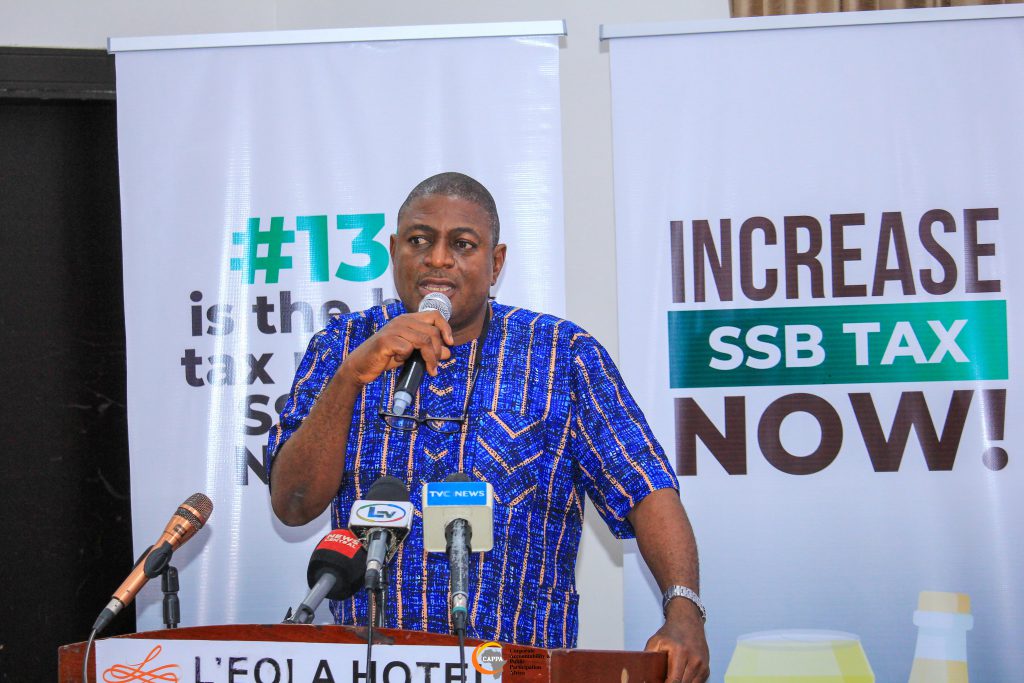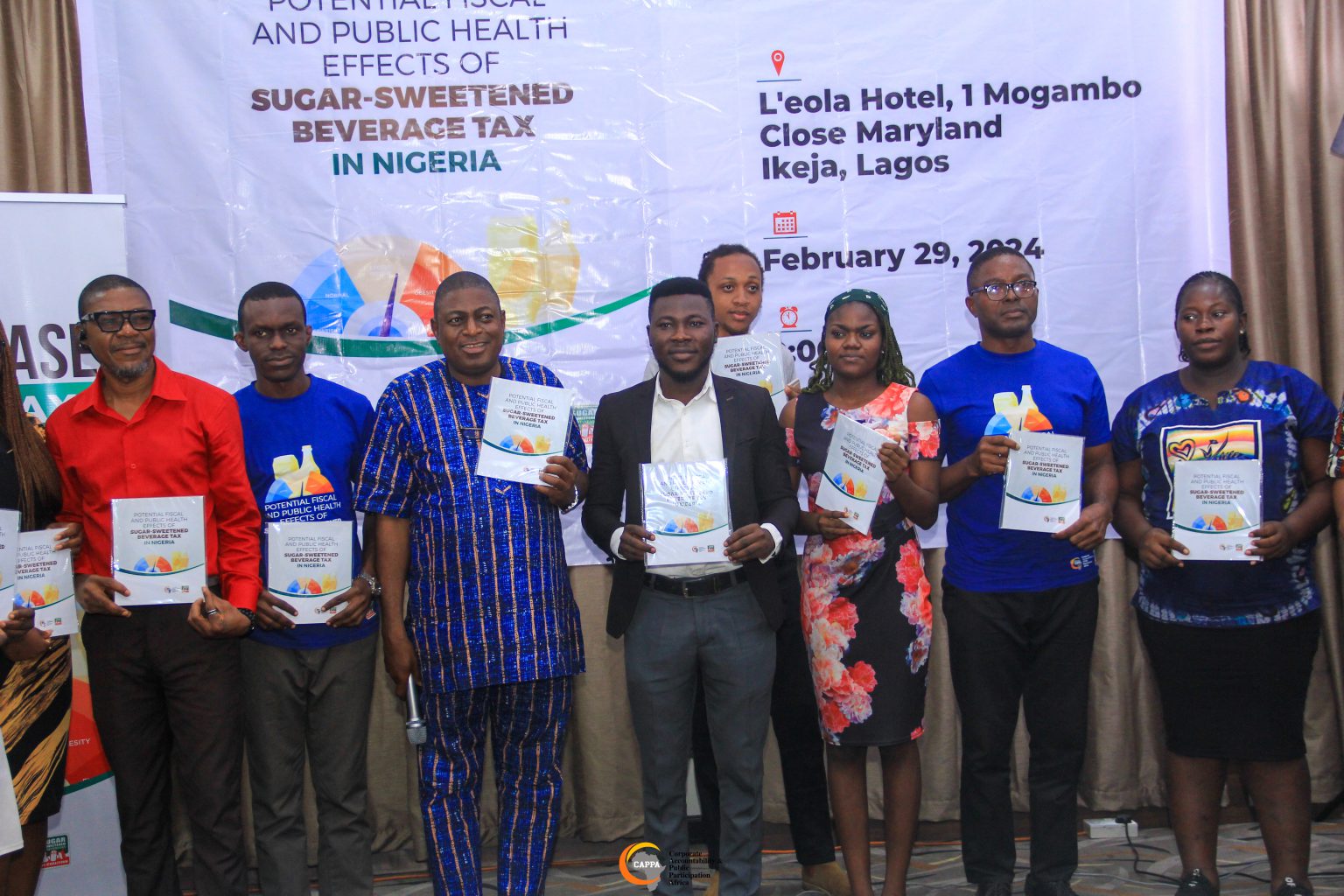Nigeria stands to benefit greatly by increasing the tax on Sugar-Sweetened Beverages (SSBs) from N10 per litre to N130 per litre, Corporate Accountability and Public Participation Africa (CAPPA) said Thursday.
CAPPA said the increased tax was necessary to help wean Nigerians off their dependence on excessive SSB consumption that has been linked to heart disease, diabetes, reproductive problems and other expensive deadly non-communicable diseases (NCDs).
The transparency watchdog stated this in Lagos at the public presentation of a simulation study of the “Potential Fiscal and Public Health Effects of SSB tax in Nigeria”.
CAPPA, citing the study, argued that a N130 per litre tax would result in a healthier populace, adding that beyond public health benefits, the SSB tax increase presents a unique opportunity to bolster government revenue by as much as N729 billion.
Akinbode Oluwafemi, CAPPA’s Executive Director, pushed for the expected revenue to be used to boost the healthcare sector.
In his welcome address, Oluwafemi said: “When Nigeria introduced the N10 per litre Excise Duty on SSBs in 2021 through the Finance Act, it was celebrated as a win for public health but as concerned advocates with history in the long battle against the menace of tobacco and the tobacco industry, it was important for us to take a critical look at the tax and its structure.
“Going by the current inflation rate, the N10 per litre imposed on SSBs in 2021 is today possibly worth less than 4 kobo because it was a fixed tax, not adjustable to inflation.
“In essence, the SSB tax needs to be increased significantly in the 2024 Fiscal Act, with a framework that is adjustable to inflation as we also begin the conversation about earmarking the tax or a sizeable portion of it for public health.
“While I will not preempt the discussion of the research team, the findings of this study have shown that at a minimum of N130 per litre, we will see a significant drop in consumption and a decrease in Nigeria’s consumption-fueled diseases.

“I am further convinced that this document provides the government, including the executive and lawmakers, the much-needed data to pursue this policy pathway to a logical conclusion for the benefit of all.”
A Research Associate at the Centre for the Study of the Economies of Africa (CSEA), Fidelis Obaniyi, who presented the report, reasoned that implementing an SSB tax in Nigeria could result in a substantial increase in tax revenue.
Obaniyi said: “Specifically, revenue from this excise tax is estimated to rise by 972 per cent (amounting to N729 billion). This additional revenue could be strategically allocated through earmarking to strengthen the country’s healthcare system, particularly basic healthcare, which currently grapples with inadequate funding.
“The potential to enhance healthcare infrastructure and address diet-related diseases through SSB taxation cannot be overstated.
“Sequel to the findings, the report suggests a set of policy recommendations to address the growing SSB consumption crisis in Nigeria.
“Firstly, it advises the Nigerian government to consider a significant increase in the existing SSB tax rate, potentially setting it at a minimum of N130 per litre.
“This tax increase is estimated to trigger a substantial price surge of 39 per cent increase per litre, thereby discouraging consumption effectively by about 29 per cent annually.
“In order to ensure persistent health gains from the SSB tax, it is very important to regularly review the tax rate upward while accounting for inflation effect.”


